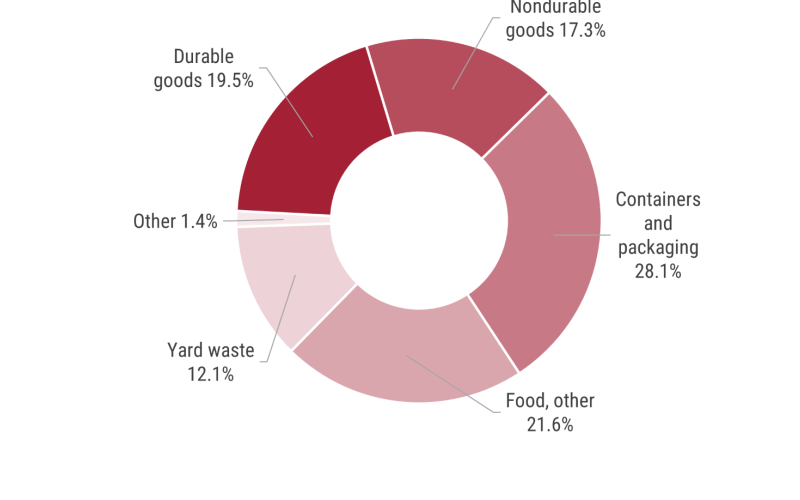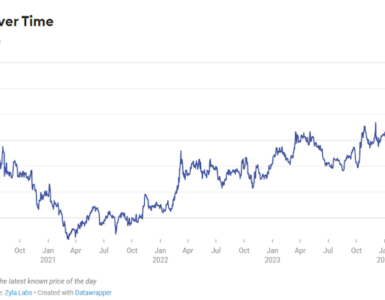The need to manage waste has been a priority in both developed and developing countries for many years. In fact, waste management is a great reflection of the economic growth of a country.
Just like a fish die if it is taken out of water, everything including the economic activities of a country would come to a halt if waste management fails.
In this post, we will discuss the importance of waste management, the consequences of its failure, and how it directly impacts the economy of a country.
A basic overview of waste management
Waste is any material that is no longer used or needed. Waste can also be a by-product of human and animal activities, such as harvesting crops or lumbering.
The waste from these activities accumulates over time, and becomes garbage. Garbage is a waste that has been left for collection. Garbage may or may not be biodegradable. Garbage is the junk that you put in the garbage bin. Before you put such garbage in the garbage bin, you might want to know what happens to that garbage after it is put in the trash bin.
Waste Management’s Impact on Economic Growth
The American economy has long used a system of manufacturing and recycling, namely, the three R’s, to dispose of and reuse what we produce. The waste management industry plays an important role in this system.
Garbage and trash are things that can be seen as negative, but this waste is actually a boon for economic growth. According to junk disposal experts, if a nation has good waste management systems, it’s a clear sign that its economy is strong and the world a cleaner and safer place to live.
The environmental impacts of modern society have provoked concern and debate. Waste management is a key issue. The push towards cleaner energy and sustainable waste management have been the focus of much of the recent industry growth.
Tax Benefits of Waste Management
Waste Management is the act of “managing” the waste we produce. While it may seem easy enough to toss out the garbage and recycling in the appropriate bins, there is a bit more to the world of waste management than just that.
Waste management is responsible for the collection, transport, treatment, and disposal of waste. The field isn’t as simple as it seems though, since managing waste can also be profitable. The management of waste is important for economic growth in many areas, including the environment and the economy.
Global material consumption has increased rapidly in the past 50 years, and it is expected to continue to increase in the next 50 as developing countries continue to grow and reach Western standards. This trend will not only increase the world’s material consumption, but will also lead to pollution and excessive waste material.
In fact, the United Nations Environment Programme estimates that the weight of all plastic in the world’s oceans is already equal to that of fish. There is clearly a need to find solutions to effectively manage this waste while boosting economic growth.
Fortunately, a solution exists that has already been implemented with positive results in many countries. It’s called waste-to-energy, and it converts waste material into energy that can be reused.
Cost of Waste Management
In the United States, trash is a huge issue. In some places, there are mountains of garbage that are over 100 feet tall. And that’s not even counting the trash that is in the oceans.
Waste Management and dumpster rental companies are common organizations in the United States. The United States is the world’s largest producer of garbage by far. This is because they have low recycling levels and have had bans on certain products. These bans have helped reduce the amount of waste that goes into the oceans and already full landfills.
Traceability of Waste materials
As the world economy continues to grow, more individuals and businesses are contributing to the increase in waste creation. Unfortunately, waste does not stay in one place, and there can be drastic consequences for the environment, neighboring communities, and even for the people living within the communities.
While many factors within a company can play a role in the management of waste, it all starts with waste management within your home. Learn to manage waste properly in your home and in the broader economy, including how to recycle it, so that this waste is properly handled and all of its benefits are maximized.
Waste management is an essential part of the process of economic growth, it helps us produce more goods, but also through waste management we also ensure a cleaner environment for generations to come.















